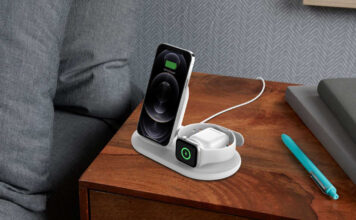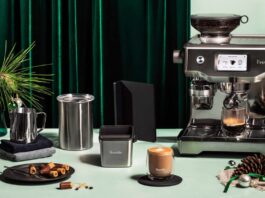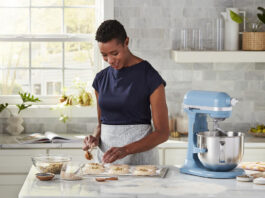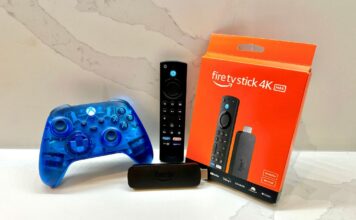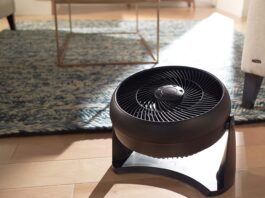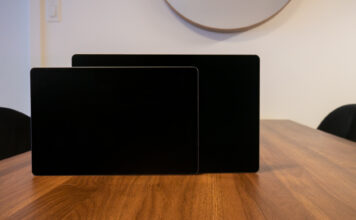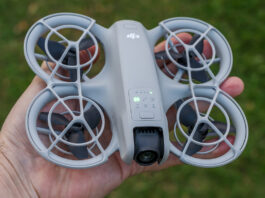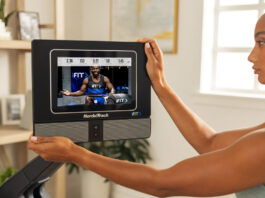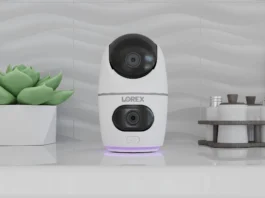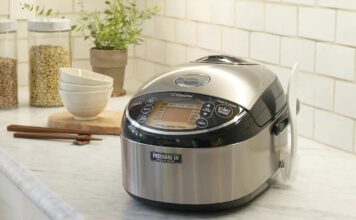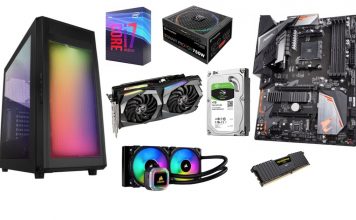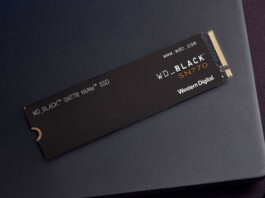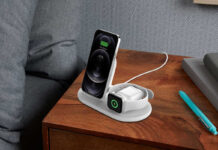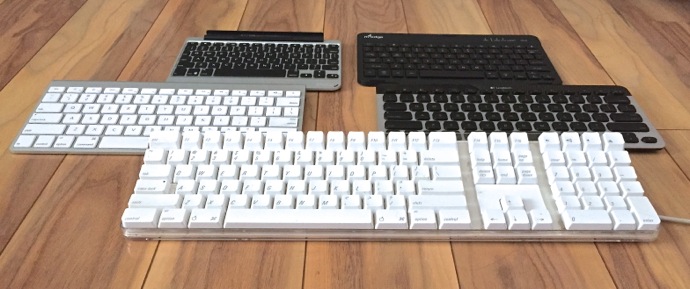
When it comes to a desktop PC, we tend to focus on high profile features like the display and the CPU. However, one of the things we take for granted—the lowly keyboard—can actually have just as much impact on how productive you are, or how much you enjoy using a computer. The good news is that the keyboard is one of the most easily (and inexpensively) replaced components of your PC, and there are plenty of options to choose from. Bluetooth, mechanical, backlit, full-sized, portable … which computer keyboard is right for you? I’ll explain the options and help you choose.
As someone who makes his living as a writer, keyboards are very important to me. During an average day, I use at least three different keyboards as well as the virtual keyboards on my smartphone and tablet. Here’s what you need to know about this accessory.
Compatibility (Mac vs. PC)
Many keyboards sold today will work on both PCs and Macs. However, some have Windows-specific or OS X-specific keys that don’t map correctly between the two operating systems.
Check the label for compatibility before buying a keyboard to avoid frustration.
Wireless vs. Wired
Keyboard need to communicate with your PC and that means either a wired connection or a wireless connection.
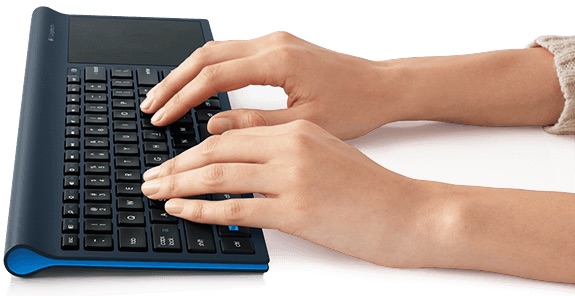
Wireless is increasingly popular for many reasons. The most obvious is having one less cable to clutter up your desk. Cutting the cord frees up a USB port on the PC. Going wireless also gives you more freedom on where you position the keyboard—with no wire limiting movement, you can even sit across the room and control your PC using a wireless keyboard. The downside to wireless is the need for a battery. Some use AA’s, some have a built-in battery that recharges with a USB cable. There are a few wireless keyboards that have a built-in solar recharger if you’re worried about being caught without power …
When it comes to wireless, there are two primary methods used for going cord-free.
RF keyboards transmit signals (usually on the 2.4GHz radio frequency) and require a receiver. This usually means a small dongle that plugs into the PC’s USB port.
Bluetooth is increasingly popular because most PCs now have built-in Bluetooth support, so no receiver is needed. Bluetooth 4.0 employs encryption between connected devices, making cyber security more or less a non-issue for most people compared to using a wired keyboard.
Full Sized vs. Compact
Do you frequently use the number, navigation or function keys on your computer keyboard? If so, you’ll probably be happier with a full-sized keyboard.
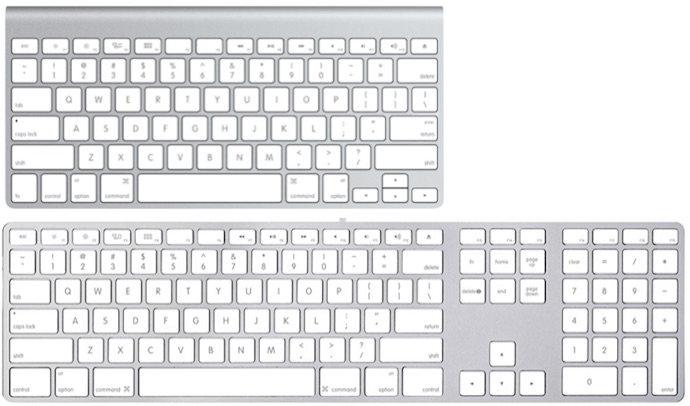
If you seldom use those keys or you are really tight for space, a compact keyboard is worth considering. By eliminating the dedicated number keypad and using combined keys for functions and navigation, the 43 cm wide full-sized version of my Apple keyboard shrinks down to the 28 cm wide compact version.
I would suggest skipping compact keyboards that save space by shrinking the size of the keys as this is likely to throw off your typing speed and accuracy.
Mechanical Keyboards
When PCs first arrived on the scene, pretty much all keyboards were mechanical. They had an individual spring-loaded switch under each key, as opposed to the plastic membranes, domes and scissor switches used in most keyboards today.
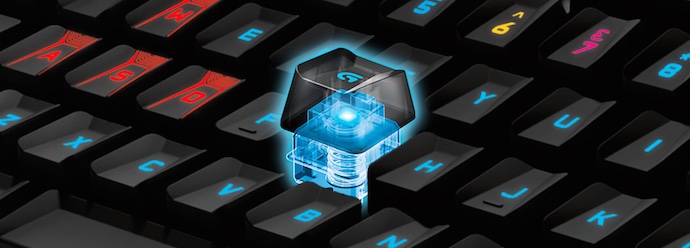
Mechanical keyboards are more expensive and bulky in comparison to chiclet-style keyboards. It’s tough to find a wireless version. But they offer more tactile feedback (you can physically feel the switch engage when you depress a key), tend to be more accurate (you can’t really accidentally brush a key) and are more durable. They don’t feel “mushy.” I’ve been using a mechanical keyboard as my primary writing keyboard for several years now. My typing speed is faster and my output more accurate. There’s no way around the fact that mechanical switches make more noise than a traditional keyboard (although some “clack” more loudly than others), but I actually like the sound and my home office is has a door—so I don’t have noise complaints.
Based on the comments in this post by Plug-in’s Mobile Editor Ted Kritsonis, I’m not the only writer who appreciates a good mechanical keyboard.
Gaming Keyboards
Hardcore PC video game players know the value of investing in a good gaming keyboard (many of which use mechanical switches, by the way). Having the right keyboard can mean the difference between victory and defeat.

Gaming keyboards offer features like the ability to program macros customized to specific games. They recognize multiple keys being depressed simultaneously for multi-key combos. Some have keys that are colour-coded for common functions. Some—like the Logitech G19s—actually incorporate their own built-in LCD display for easy access to real-time game stats.
Portable Keyboards
A subset of the wireless keyboard, portable keyboards are especially popular with the “tablet as a laptop” crowd. They also work well for road warriors who want an external keyboard to use with a laptop and some people use them in the living room with their media PC.
Most portable keyboards are Bluetooth and use smaller keys in order to keep size to a minimum.
I have a Logitech Multi-Device keyboard that I can slip in a backpack for road trips. It works with my laptop, tablet and even my iPhone.
Backlighting
Finally, a quick word on one of my favourite computer keyboard features: backlighting.
If you’ve ever worked in a darkened room, you’ll know how valuable backlighting is. It makes all the keys visible by illuminating the characters from below. The feature is popular with laptops—which are often used in low light situations like presentations—but it’s also very useful to have in a desktop computer keyboard.
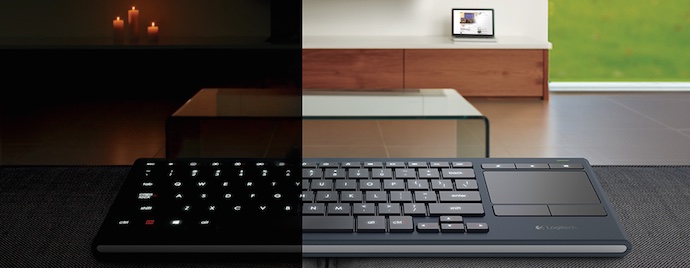
You’ll find many gaming keyboards offer backlighting and some take the feature up a notch by making the lighting colour customizable.
When you bought your desktop PC, chances are the manufacturer included a keyboard in the box. Chances are also good that the “freebie” keyboard isn’t the greatest. That’s okay, though, it’s always good to have a spare. Choose a replacement computer keyboard based on your primary use for the PC and it will be the cheapest, easiest upgrade you can make. Better yet, when it comes time for a new computer, that awesome keyboard can be used with it, too.


